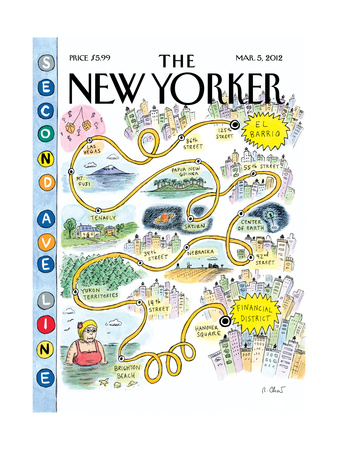I was reading something on my sister's blog about
chocolate chips, and I realised that Blogger is rubbish. Not quite sure how that train of thought went. But blogger does seem to be a bit rubbish. I even found a blog elsewhere
explaining why Blogger is so rubbish. Seems like Google retains the right to do what they like with your content, for example. Probably meaningless, but annoying in principle. My main complaint is that it is just a bit ugly. Everyone's wordpress blogs look so classy. So I'll be trying to move there sometime soon. Once the class this all goes towards is over perhaps. Start a new thing combined with my
other old blogger blog.
Anyway, CNF! I've been meaning to write something about the whole Mike Daisey deal, though it isn't real timely anymore. I'll keep it brief. In case you haven't heard of Daisy: he's a New
York performer with a stage show titled “The Agony and the Ecstasy of Steve Jobs,” which is a pretty awful title if you ask me. The
show is a monologue detailing, in part, Daisey’s visit to a Chinese factory
responsible for manufacturing Apple products. In January, this section of his
monologue was broadcast on This American Life (that is, on the world’s most
downloaded podcast).
A few weeks ago, This American Life aired a retraction episode, saying that they had
found significant departures from the truth in Daisey’s monologue. The entire
episode was devoted to unpacking these, first with the China-based reporter who uncovered the inconsistencies, then in a tense interview between Ira Glass
(the host) and Daisy himself. Glass seemed personally hurt by the deception, and Daisey was pretty glum.
The Guardian has a nice summary, complete with their writer's own sense of betrayal.
The two podcasts are available
here and
here. Both fascinating listening, but don't do one without the other.
(Daisey's the toady one in the picture above, by the way. Glass is the scruffy intellectual.)
The issue raised by the Daisey affair is basically the different notions of truth attached to different media. Daisy insisted that,
in the context of the theatre, his monologue was truthful in its essence, despite the substantial fabrications. He realised he had made a mistake in allowing it to be aired on TAL, where the expectations for veracity are rather higher. But Glass felt that even in the theatre, where he himself first heard the monologue, the audience was led to assume Daisey's words were literally true. Here's the relevant bit of transcript:
Mike Daisey: Yeah. We have different worldviews on some of these things. I agree with you truth is really important.
Ira
Glass: I know but I feel like I have the normal worldview. The normal
worldview is somebody stands on stage and says 'this happened to me,' I
think it happened to them, unless it's clearly labeled as 'here's a work
of fiction.'
I wanted to be all postmodern, and side with Daisey on the theatre issue. Because whatistruthanyway. But I think I got off that boat when it occurred to me that I didn't think his manipulations were actually in support of any greater truth at all. He wants to be opening people's eyes to something Apple is doing in secret, but actually, it really appears to be a problem Apple are genuinely tackling. As the retraction episode pointed out, it's all there in
their own reports. Many of his distortions do not serve the truth, rather painting a damaging caricature of Chinese industry and serving only his own show.






